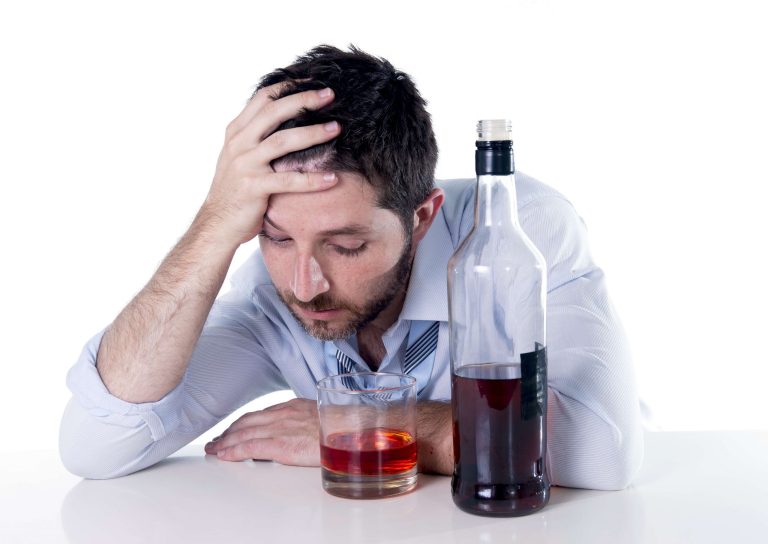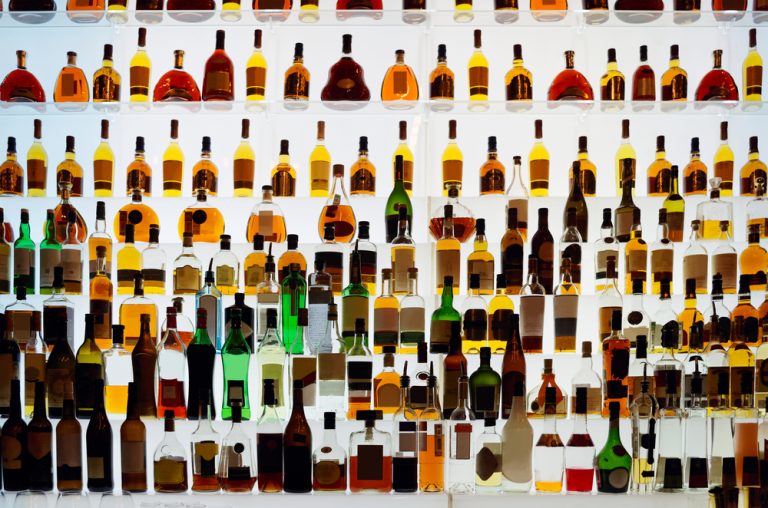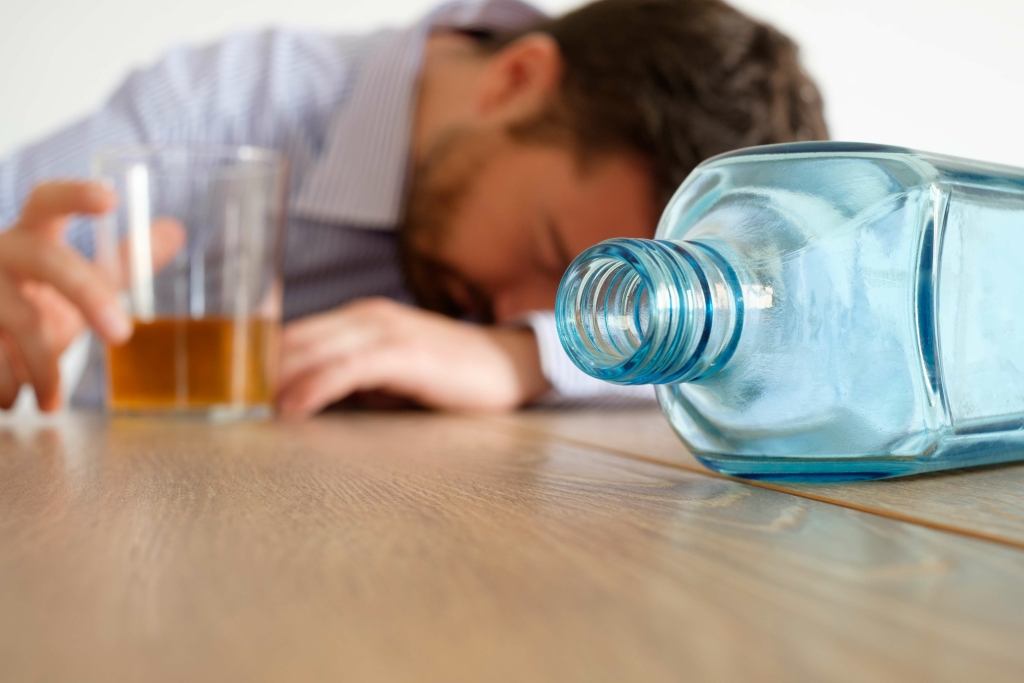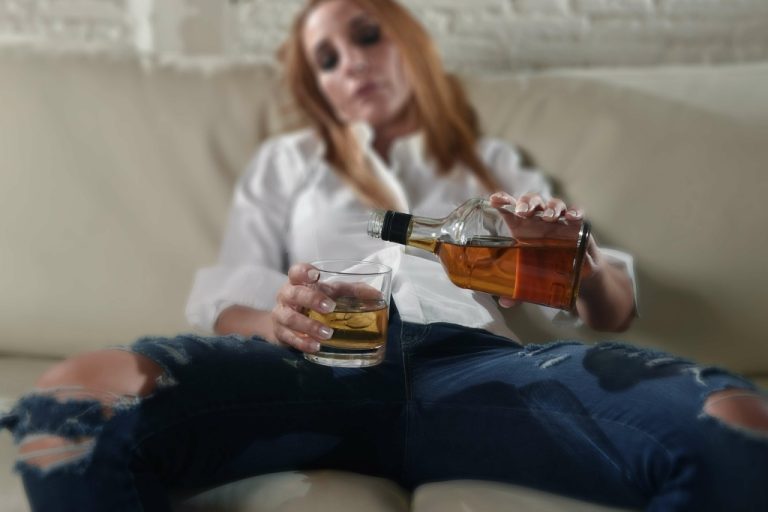Alcohol Recovery Succeeding in Sobriety After Rehab
Moving into months of sobriety, your body’s healing journey gains momentum. The liver, a remarkable organ with regenerative abilities, shows significant improvement in function. Liver enzymes normalise, reducing the risk of conditions like fatty liver disease and cirrhosis. Continual heavy https://sylphy.ru/forum/post/91011.html alcohol consumption damages multiple organs/systems.

A ‘yoga pill’ to end anxiety? Neuroscientists discover a brain circuit that instantly deflates stress

In the action stage, people have chosen an approach to sobriety and they’re executing it. Others in the precontemplation stage may feel hopeless and helpless about their situation or overwhelmed by the energy required to make a change. Drugs such as naltrexone and acamprosate are not addictive and don’t cause euphoria — https://comprarvimaxnobrasil.com/lengthy-island-health-news-articles-suggestions-recommendation.html and using them to treat alcohol dependence is similar to using a nicotine patch, inhalers or the medication Zyban to quit smoking. Many sober homes also provide counseling, vocational training, life-skills training and other services that can aid your recovery. In addition to staying completely sober, individuals residing at a sober living home usually sign a contract agreeing to follow a strict set of rules.
- You may use AA, SMART Recovery, or other support groups to help you in this process.
- The alcoholic is sober and has no cravings for alcohol, and there is no threat of relapse.
- Because alcohol withdrawal can be life-threatening, detoxing in a medically managed environment is advisable.
- After completing a program at a treatment center, recovering alcoholics move into the maintenance stage, which generally lasts from six months to several years or longer.
Pancreatic Injury and Repair After Chronic Alcohol Use in Humans
Many people think preventing a relapse means just saying “no” to a drink. But by the time you’re looking at a can of beer or a bottle of liquor, you’re in the last and most difficult stage of a relapse. Some research has found that 40% to 60% of people dealing with substance abuse disorders relapse within a year. In fact, experts consider relapses part of the recovery process. Warren is a Licensed Master Social Worker, who specializes in substance abuse and mental health treatment. Clinically, Warren has developed a therapeutic skillset that utilizes a strengths-based perspective, Twelve Step philosophies, Cognitive Behavioral Therapy and Motivational Interviewing.
What Percentage of Alcoholics Relapse?
- Alcohol abuse, alcohol dependence, and alcohol addiction fall under the clinical diagnostic criteria for alcohol use disorder (AUD).
- While some alcoholics progress through the first five stages of recovery in a linear fashion, many do not.
- People will often go through treatment and have a period of sobriety.
- You can work on strengthening your coping skills to move past a mental relapse.
- Most, if not all, people who have relapsed will say that during each relapse they learn something about themselves.
- Warning signs of alcohol relapse can vary depending on the person.
It’s treatable, but if untreated, it can lead to serious destruction and even death. Abstinence from alcohol has been proven to be the most effective way to maintain sobriety, especially for recovering alcoholics. Seeking professional help from experts at institutions like Lantana can empower individuals to live a happy and sober life, increasing their chances for long-term recovery by offering valuable education and guidance.
The thought of relaxing at the firepit in an Adirondack chair with an ice-cold glass of rosé made me salivate, the way my dog does when I pull the lid off the treat jar. Any other time, I would’ve had a glass (or two), but I was trying out sobriety. Many involve a combination of group psychotherapy (talk therapy) and medications. The main management for severe symptoms is long-acting benzodiazepines — typically IV diazepam or IV lorazepam. Each of these symptoms can increase in intensity depending on the severity of the withdrawal. This review is the result of work supported with resources and the use of the facilities at the Omaha Veterans Affairs Medical Center.
- What remains clear is the need for compassion, understanding, and ongoing support as individuals navigate the complex journey of recovery from alcoholism.
- In the action stage, people have chosen an approach to sobriety and they’re executing it.
- But when you keep thinking about it, and start planning to do it, it’s time to get help.
- Most people assume that an alcohol relapse starts the minute someone starts drinking again.
- This review examines injury to selected organs and tissues from chronic alcohol use and their “natural recovery” after drinking ceases.
During the surveyed time:
In a 2015 article published in the Yale Journal of Biology and Medicine, Dr. Steven Melemis described three stages that occur during relapse. It’s sometimes the last obstacle to overcome on the path to alcohol recovery. They either relapse or seek further therapy to prevent future slips. Relapse can be averted if friends or family members intervene and convince the person to go to recovery meetings or alcohol counseling.

At this point, people are committed to change and are preparing to take action within the next several days or weeks. Although they https://makirinka.net/reasons-you-require-hair-cleanser-for-a-follicle-drug-test.html are still drinking, they’ve likely begun telling friends and family members about their plan to change their behavior — but they may still feel some ambivalence about their choice. It’s a disease that typically develops gradually over time as a person drinks more and more regularly, which causes chemical changes to occur in the brain.

Sober living homes are highly structured alcohol- and drug-free living environments that help reinforce the healthy habits learned in rehab. Residents live alongside others in recovery, creating a strong and tangible support network focused on maintaining sobriety. If people in recovery don’t have a supportive, substance-free home to return to, they may benefit from staying at a sober living facility after completing treatment. Fortunately, a number of strategies can help people in recovery cope with these symptoms and avoid alcohol relapse. This usually involves making a number of important lifestyles changes that can include everything from eating healthier, starting new hobbies and exercising to making new friends and finding healthy alternatives to drinking. People won’t always necessarily follow these steps in a linear, forward progression.
Alcohol provides a surge of dopamine and when that’s taken away, you initially might feel sad, but that usually fades within a few months, Kobashigawa said. Sometimes giving up drinking involves anhedonia, which is an inability to find pleasure in the activities you once enjoyed. I learned that if I’m going to be around drinkers, it’s best to plan ahead. When I went away with my friends to the lake house, I called my local cocktail bar ahead of time and asked if they could make me a nonalcoholic beverage to-go.

Recent Comments